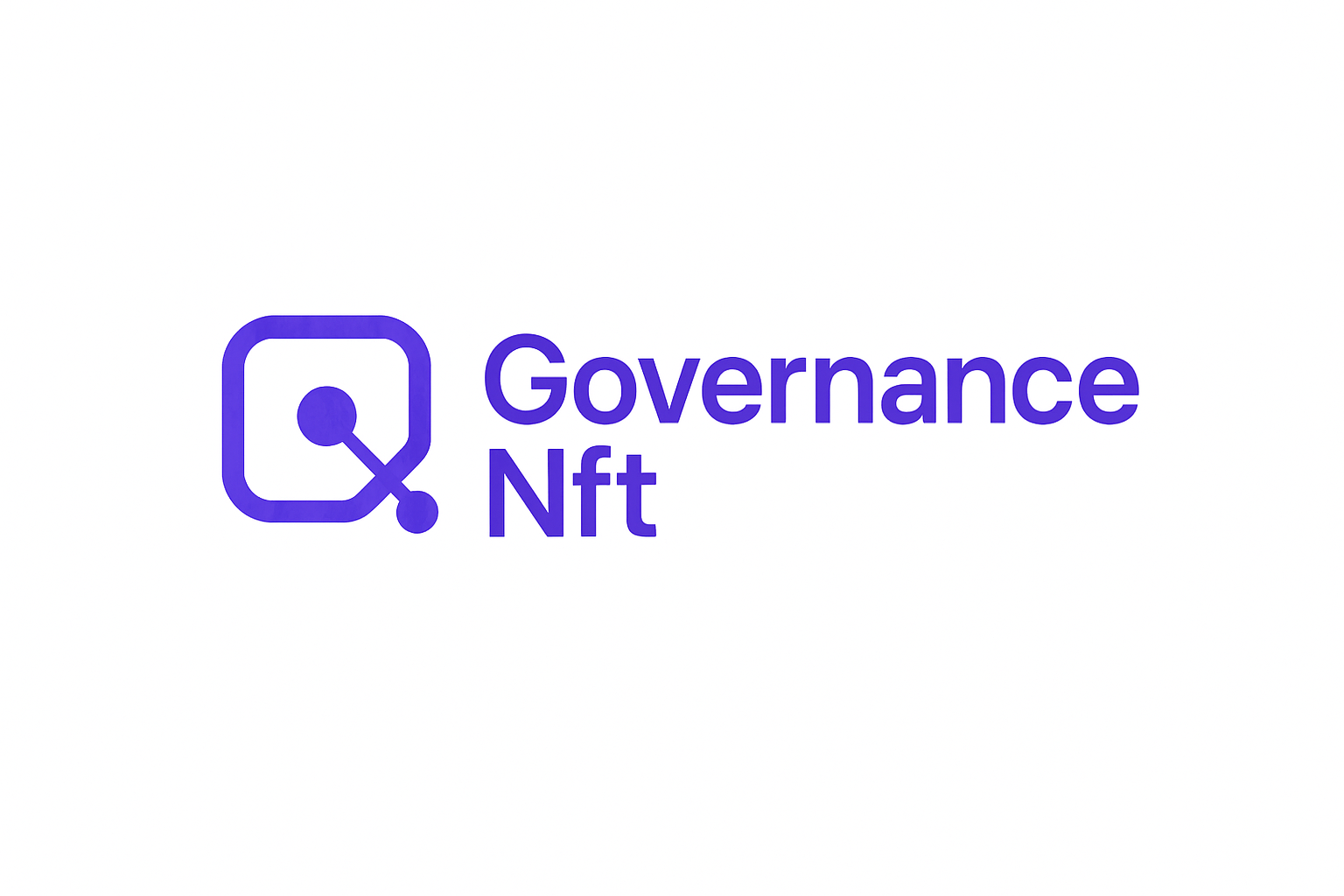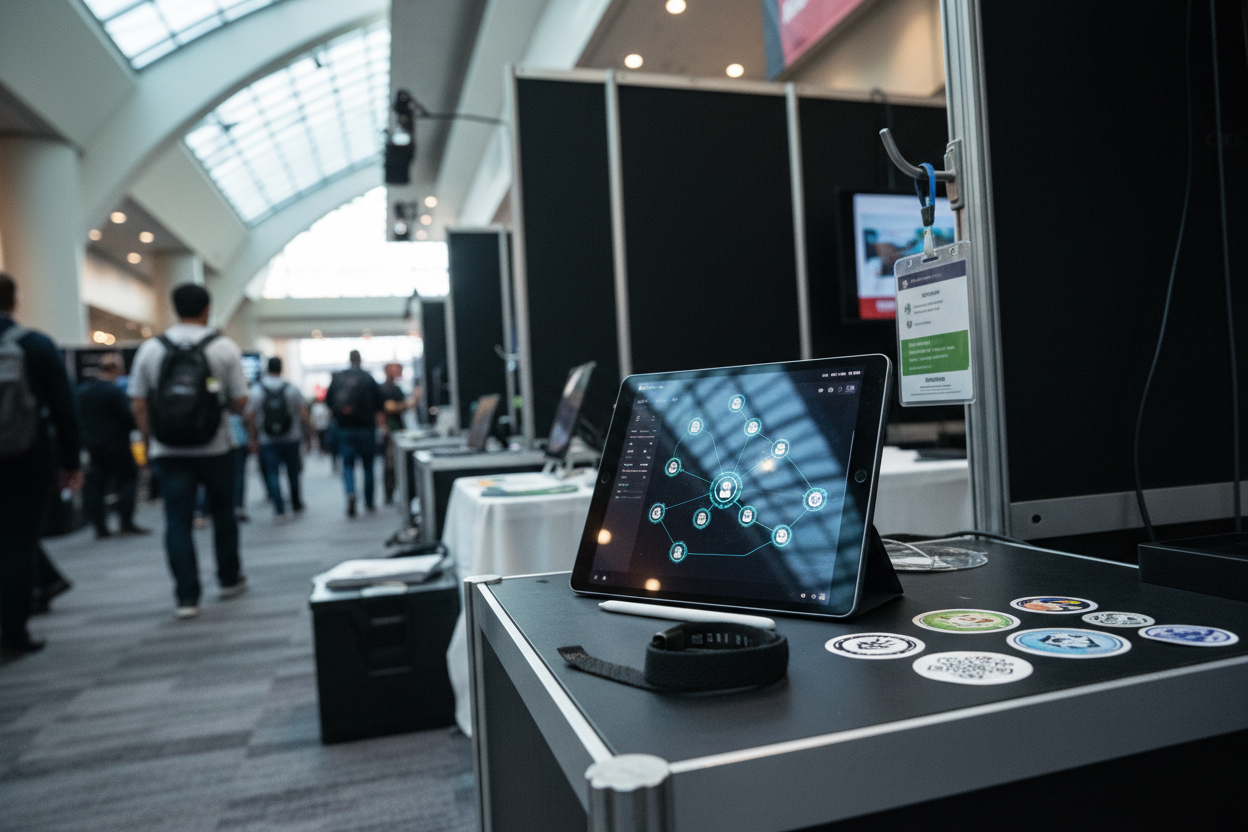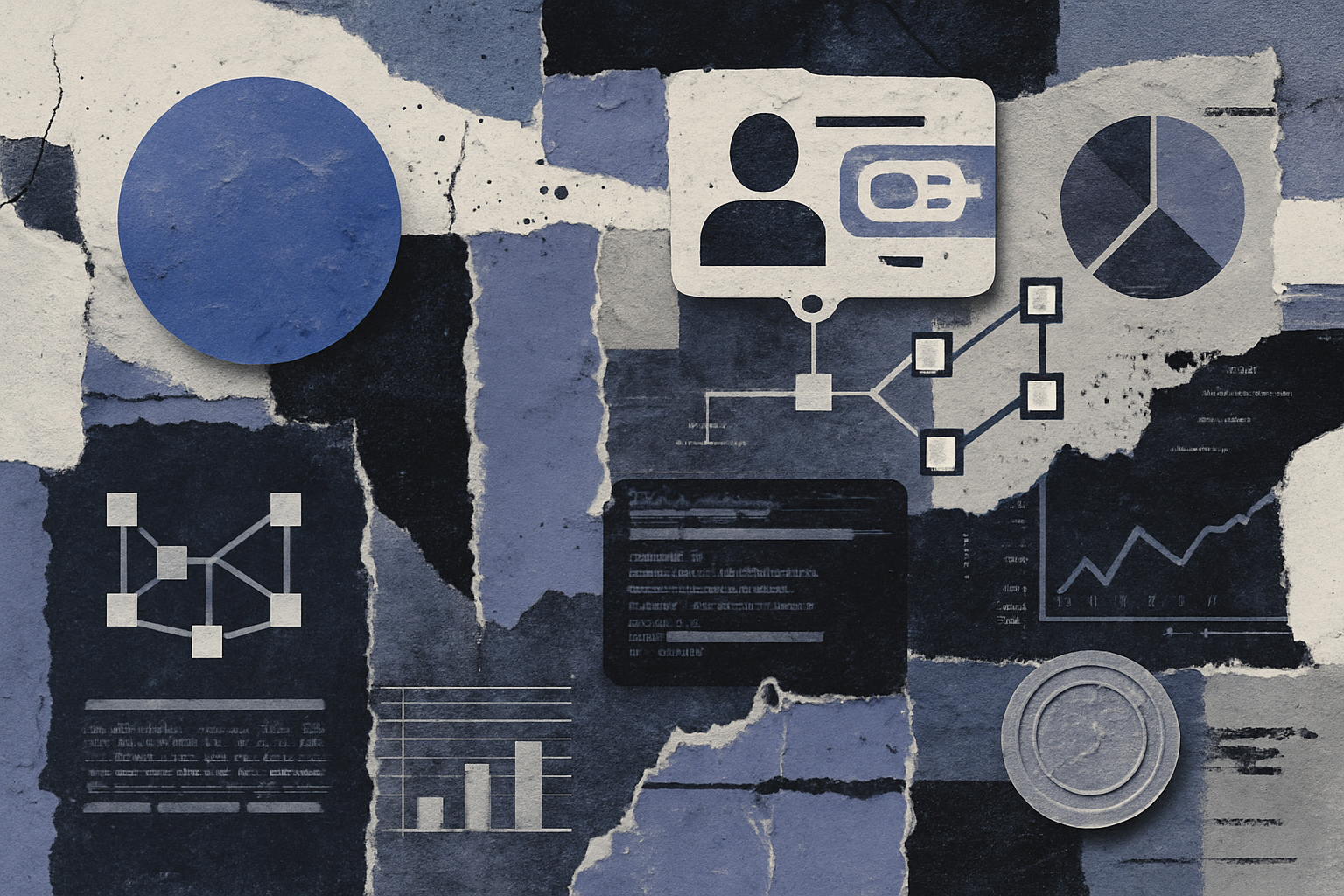
In 2025, DAOs are facing a pivotal shift: governance NFT badges have emerged as the cornerstone of next-generation decentralized participation and reputation. With over 6.5 million governance token holders worldwide and DeFi protocols managing more than $250 billion in Total Value Locked, the stakes for transparent and effective governance have never been higher. Yet, traditional token-weighted voting systems are increasingly seen as insufficient for fostering true meritocracy and accountability.
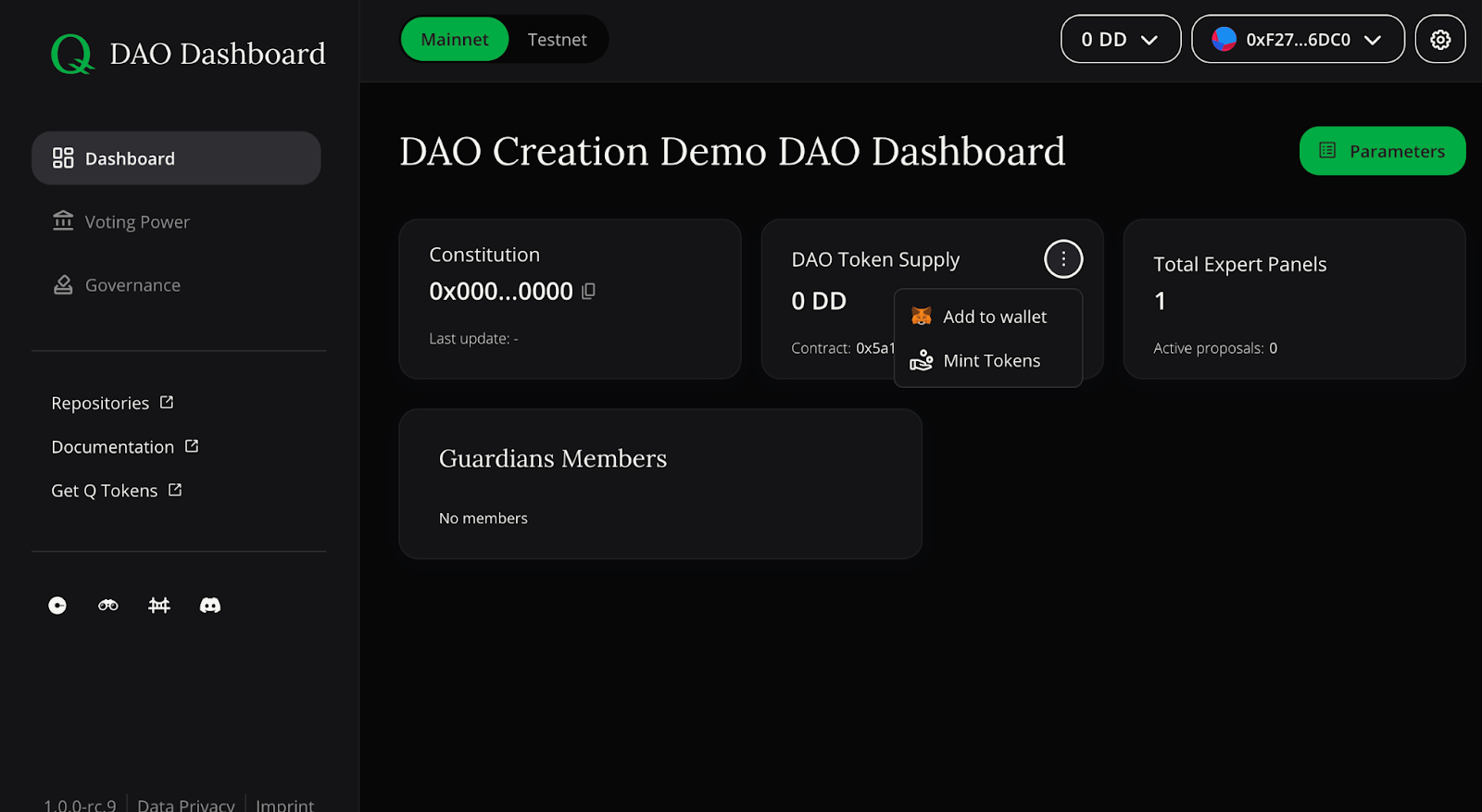
From Token Holdings to Verifiable Contributions
The core innovation driving this transformation is the use of NFT voting badges as verifiable, on-chain credentials. Unlike fungible tokens that can be bought or sold, these badges are issued to recognize specific achievements, roles, or long-term engagement within a DAO. This distinction enables DAOs to assign voting power based on actual contributions rather than just wallet balances.
For example, leading platforms such as Snapshot now allow DAOs to configure governance so that owning a certain badge – say, “Core Developer” or “Top Contributor Q2 2025” – directly translates to voting rights or proposal access. This system not only rewards active members but also creates a transparent record of participation visible to all stakeholders. As a result, reputation is no longer an abstract metric; it is on-chain, auditable, and immediately impactful.
The Rise of Blockchain Reputation Badges
The evolution toward blockchain reputation badges marks a decisive break from models where influence could be disproportionately concentrated by whales or passive holders. Instead, DAOs now leverage badge-based frameworks to:
- Reward sustained contributions: Members who consistently add value receive badges that increase their influence in key votes.
- Delineate roles transparently: Badges can denote moderators, working group leads, or technical contributors – all with distinct governance powers.
- Build trust through visibility: Every badge is an immutable credential tied to specific actions or milestones.
This approach has yielded measurable results: according to CoinLaw’s latest data, voter participation in DAOs averages 17%, with leading projects reporting even higher rates when badge-based systems are implemented. The effect is twofold – increased engagement from members who feel recognized for their work and enhanced legitimacy for decisions made by the collective.
NFT Badges Powering Inclusive and Accountable Governance
The impact of decentralized governance credentials extends beyond participation rates. By anchoring voting rights in verifiable achievements rather than speculative holdings, DAOs foster a culture where expertise and dedication are rewarded over mere capital allocation. This has proven essential in curbing manipulation risks while encouraging diverse voices within web3 communities.
Moreover, the public nature of these credentials means that every decision-maker’s track record is open for inspection by all members. This transparency not only deters bad actors but also sets new standards for accountability in the rapidly evolving landscape of decentralized organizations.
For DAOs navigating high-value decisions in 2025, this shift toward verifiable voting rights is not just ideological but operationally critical. When governance NFT badges are tied to granular contribution data, such as code commits, proposal authorship, or conflict resolution, the result is a system where influence is algorithmically mapped to provable impact. This reduces the risk of governance capture and aligns incentives for long-term community health.
Web3 reputation systems built on NFT badges also facilitate more sophisticated forms of participation. For instance, DAOs can implement tiered voting: only members with certain badges may propose protocol upgrades or access sensitive treasury functions. This hybrid approach, now visible in projects like Decentraland and DAOBase (via their BadgeX system), enables flexible yet robust governance frameworks that adapt to the evolving needs of decentralized communities.
Top 5 Ways Governance NFT Badges Are Transforming DAOs in 2025
-
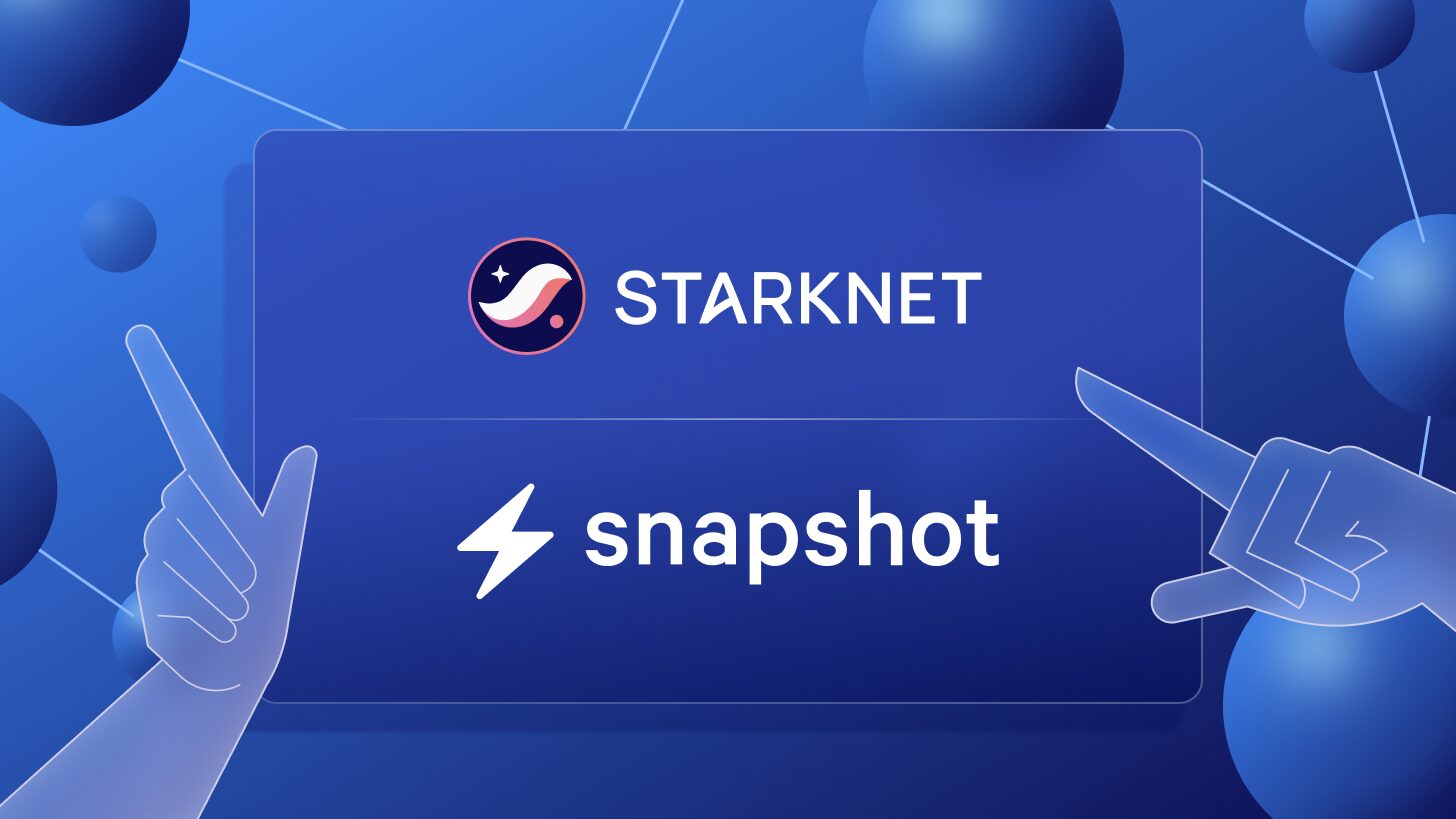
Merit-Based Voting Power: Governance NFT badges assign voting rights based on actual contributions rather than mere token holdings, fostering a meritocratic decision-making process in DAOs.
-
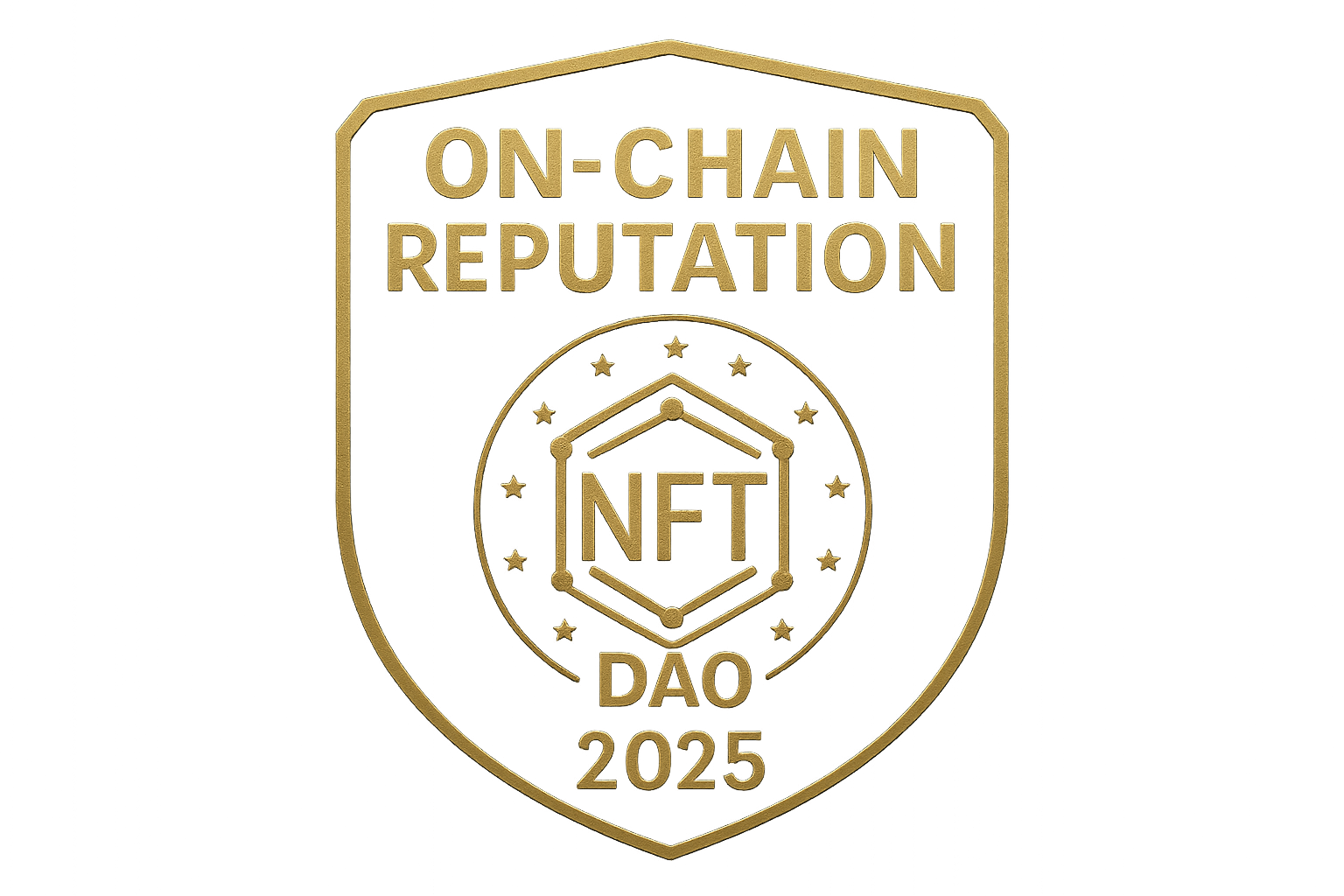
Verifiable On-Chain Reputation: NFT badges serve as public, tamper-proof credentials that transparently showcase a member’s achievements and roles, building trust within the DAO community.
-
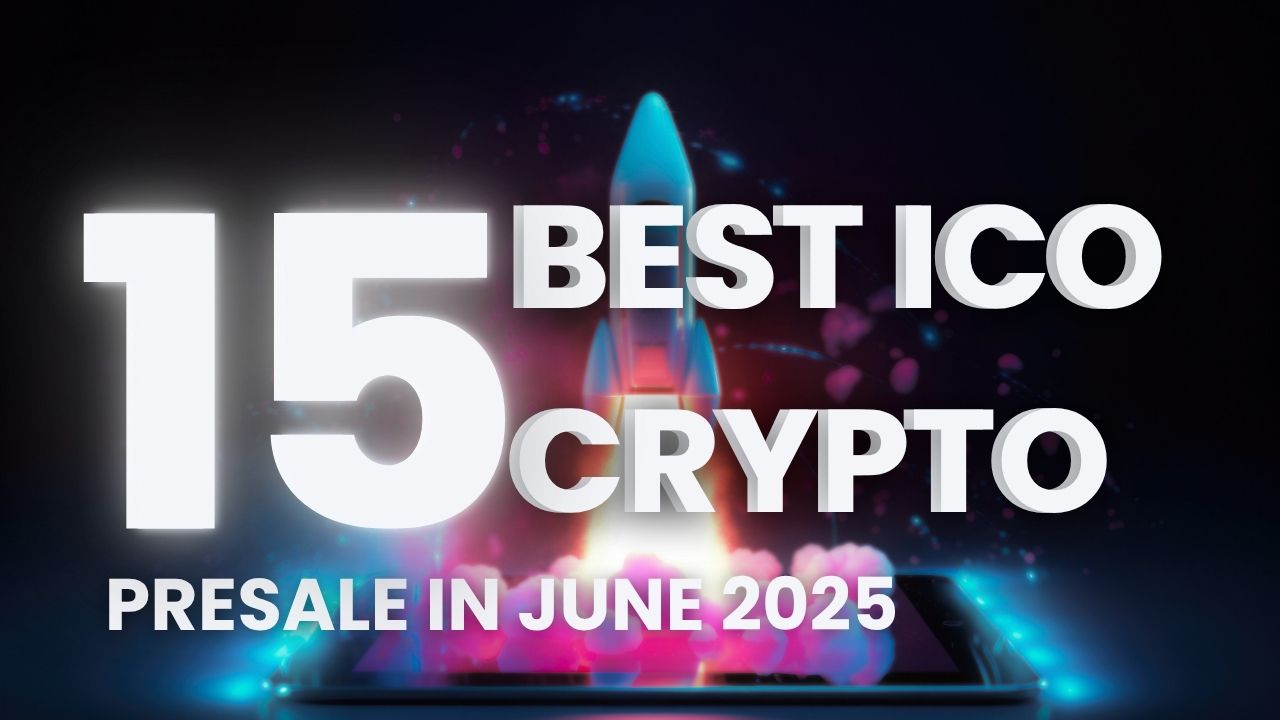
Incentivizing Active Participation: DAOs like Snapshot and DAOBase use NFT badges to reward and recognize active contributors, encouraging ongoing engagement and strengthening community bonds.
-
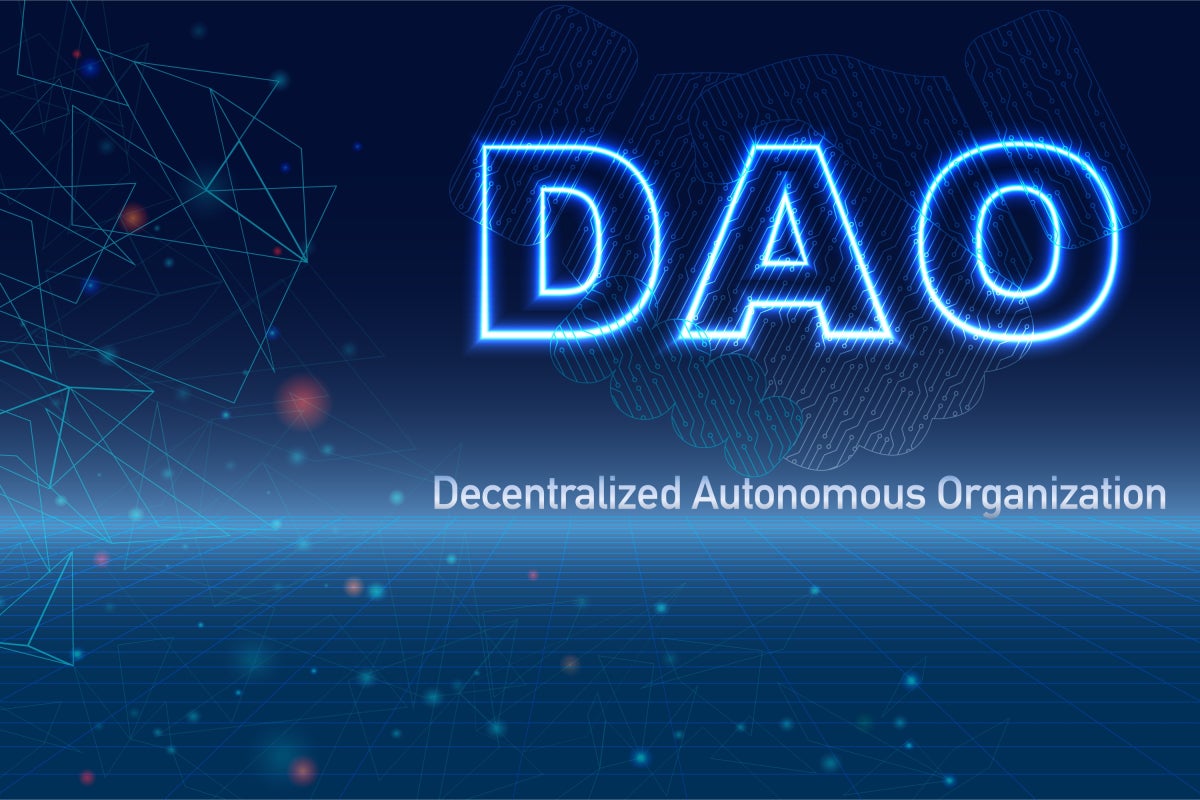
Customizable Access and Roles: Governance NFT badges enable role-based permissions, allowing DAOs to restrict proposal creation or voting to members with specific badges, as seen in Decentraland’s badge system.
-
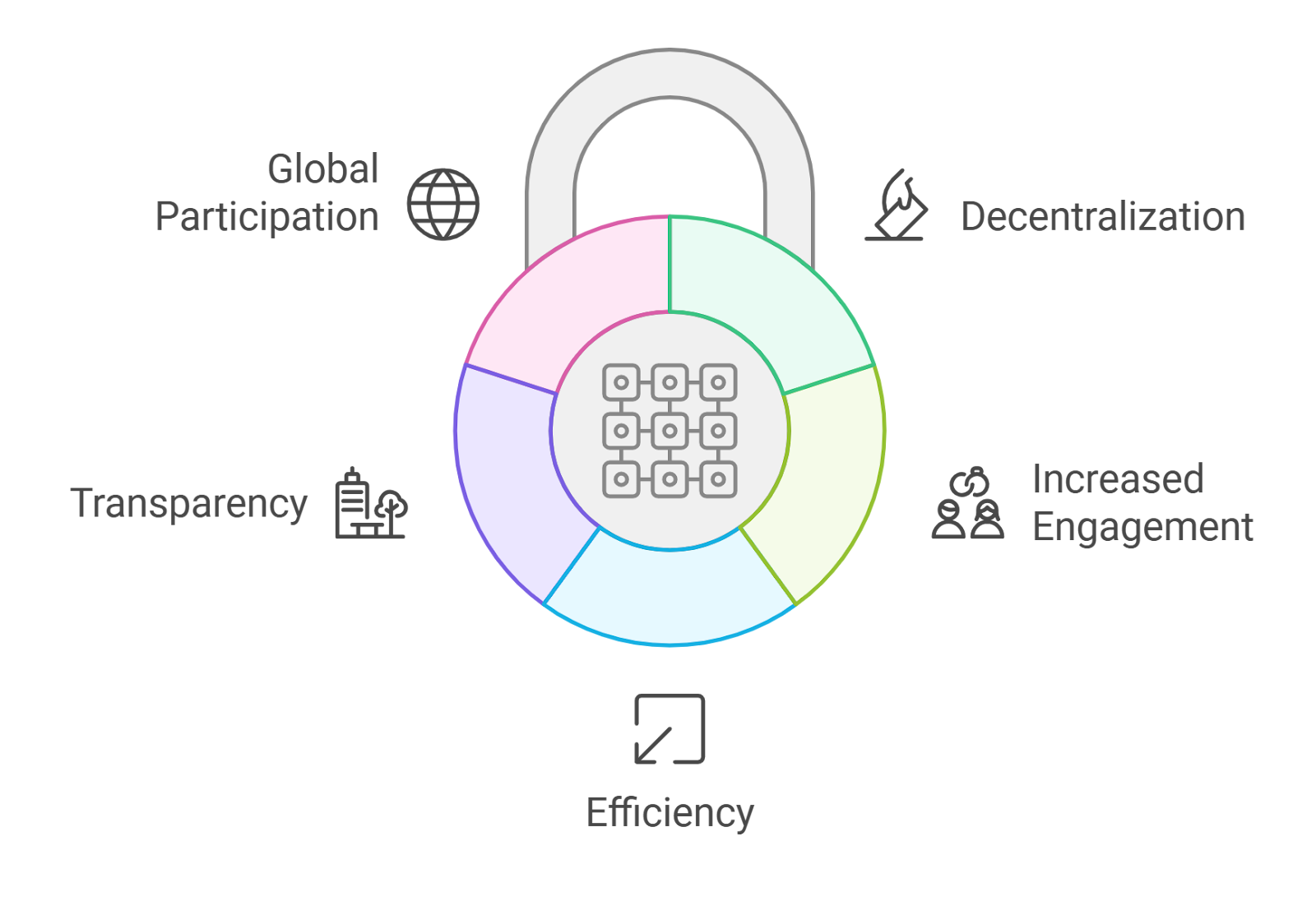
Enhanced Transparency and Accountability: The adoption of NFT badges creates a clear, auditable record of participation and decision-making, increasing accountability across leading DAOs managing over $250 billion in TVL in 2025.
The incentives extend beyond internal mechanics. As more DAOs compete for talent and capital, public badge-based credentials become a signaling mechanism for individual expertise across the web3 ecosystem. Contributors can showcase their badges, proof of leadership roles, technical milestones, or community stewardship, across multiple DAOs and platforms, making reputation truly portable and composable.
Real-World Impact: Participation Metrics and Community Trust
The quantitative outcomes are compelling. According to CoinLaw’s 2025 statistics, leading DAOs leveraging blockchain reputation badges report up to a 30% increase in proposal engagement compared to legacy token-weighted models. More importantly, these systems foster greater trust: when members know that voting power reflects real work, not just wallet size, they are more likely to participate actively and accept collective outcomes.
This new paradigm also enhances off-chain collaboration. Community calls, working group chats, and even hackathons now integrate badge verification tools to ensure that recognized contributors have appropriate input at every stage. The result is a feedback loop where transparency breeds trust, and trust sustains participation.
Looking Ahead: The Next Chapter for DAO Governance
The rapid adoption of NFT voting badges signals a maturation of decentralized governance infrastructure. As protocols continue to move away from speculative token dynamics toward merit-based recognition, expect further innovation at the intersection of identity, transparency, and incentive design.
Ultimately, the organizations thriving in 2025 will be those that embrace these data-driven reputation systems, not as an afterthought but as a foundation for resilient decision-making. For DAOs seeking to formalize contributor rewards or build lasting legitimacy within web3, the message is clear: structure breeds stability, and verifiable credentials are now table stakes for meaningful participation.
